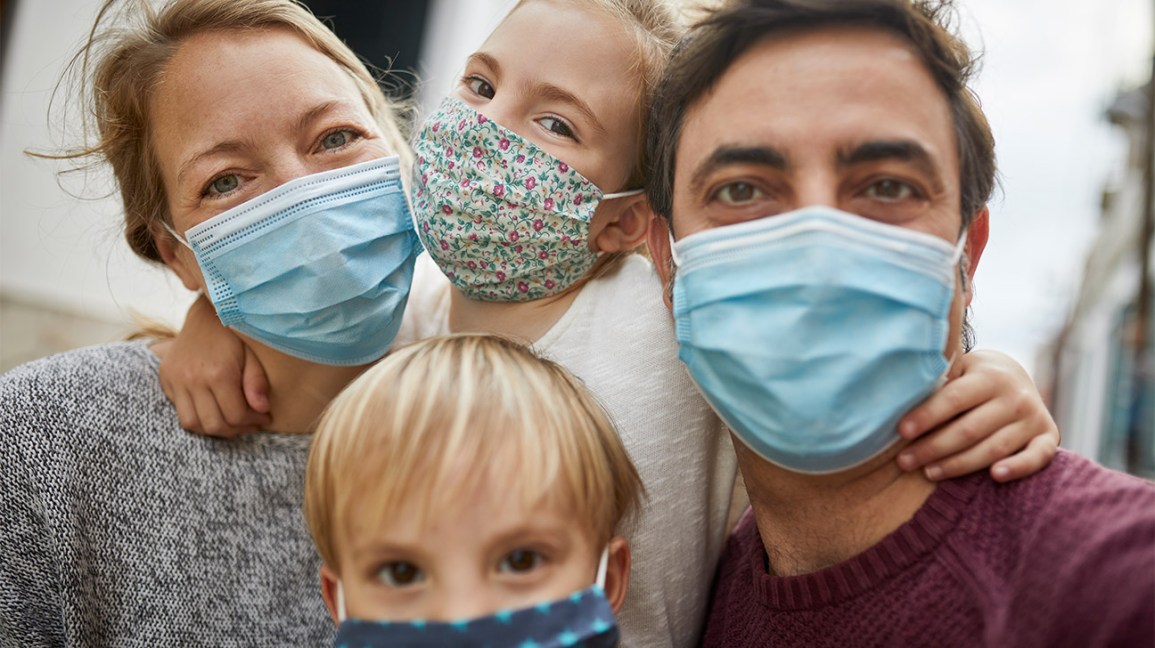The report was published in the British Medical Journal’s Global Health Journal.
Acute rheumatic fever is a leading cause of significant cardiac disease in children and adolescents in Aotearoa, New Zealand, as well as many children and adolescents in low- and middle-income nations.
Professor Michael Baker of the University of Otago’s Department of Public Health in Wellington said that rheumatic fever is a consequence of group A streptococcus (GAS) pharyngitis, more often known as “strep throat.” Streptococcus skin infections, according to recent research, can also cause the illness. Professor Baker stated, “This work is a huge leap in understanding the origins of acute rheumatic fever.”
“It is the world’s first study to confirm that the risk of rheumatic fever rises after a GAS skin infection in a similar way to how it does after a GAS sore throat. Because acute rheumatic fever is an uncommon disease and few countries have comprehensive linked health data, no previous study has been able to quantify the rheumatic fever risk following a laboratory-confirmed infection,” he added.
New Zealand has one of the highest rates of rheumatic fever seen in a high-income country, with more than half of all rheumatic fever cases in the Auckland region. This study used data on almost 1.9 million (1,866,981) throat and skin swabs processed in the Auckland region over an eight-year period, which was linked to hospitalization data to identify rheumatic fever cases, as well as prescribing data to identify if cases were dispensed antibiotics.
The risk of rheumatic fever increased five-fold in the eight to 90 day period following collection of both a GAS positive strep throat swab and a GAS positive skin swab (compared with negative swabs). Maori and Pacific children had the highest risk of developing rheumatic fever following the collection of a GAS positive swab.
The focus of rheumatic fever prevention in New Zealand has been largely on diagnosing and treating GAS throat infections. This established thinking is behind the school-based sore throat management programme that has operated in several North Island DHBs for more than a decade.
Professor Baker said that the study’s findings have huge implications for the prevention of acute rheumatic fever.
“While treating GAS sore throats should remain a key strategy in the prevention of rheumatic fever, a new focus should also be placed on addressing GAS skin infections to help reduce the risk of rheumatic fever in New Zealand and internationally,” he said.
New Zealand has a high and increasing incidence of skin infections, with markedly higher rates in Maori and Pacific children compared with children of European and other ethnicities.
“Health professionals caring for children at risk of rheumatic fever need to treat skin infections with the same level of intensity as throat infections. While a key message for the public is that skin infections matter and need to be treated promptly,” he said.
The study team is now planning research to build on these findings, said Dr Julie Bennett, who also worked on the research.
“We are planning a trial of more intensive skin infection treatment to see if this can reduce the risk of developing rheumatic fever,” she said.
The study also revealed that dispensing a course of oral antibiotics, which is the routine treatment for children following a strep throat diagnosis, was not associated with a reduced risk of developing rheumatic fever.





